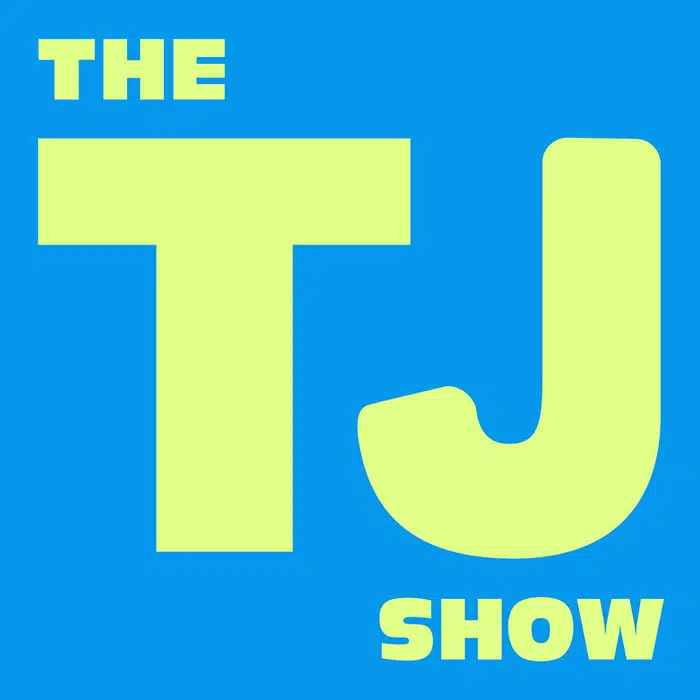By William Schomberg
LONDON (Reuters) -Britain’s manufacturers suffered a fresh setback in August after signs of a recovery with new orders dropping due to worries about trade tensions abroad and tax increases at home, according to a survey published on Monday.
The S&P Global/CIPS manufacturing Purchasing Managers’ Index weakened for the first time in five months, decreasing to 47.0 from a six-month high 48.0 in July. The figure was weaker than a preliminary reading of 47.3 and the 11th month in a row that the PMI was in contractionary territory below the neutral 50 mark.
Weak demand, global trade tariffs and rising costs for clients after April’s increase in the minimum wage and a tax hike on employers combined to push down exports and new orders which shrank at the fastest pace in four months, S&P Global said.
“August… saw a steep drop in UK manufacturers’ new orders, with total order books and overseas demand both falling at some of the fastest rates seen over the past two years. Weak market conditions, U.S. tariffs and downbeat client confidence all contributed to the dearth of new contract win,” said Rob Dobson, director at S&P Global Market Intelligence.
Business optimism among manufacturers inched up to a six-month high but remained below its long-run average.
Some employers thought global market conditions would stabilise but others feared fresh tax increases and higher energy costs.
British finance minister Rachel Reeves is widely expected to raise taxes again in a budget later this year.
A ratio of new orders to stocks of finished goods, often seen as an early signal of future changes in production, touched its second-lowest level since October 2023.
Firms cut jobs for a 10th month in a row, potentially adding to the worries of some Bank of England officials who fear a sharp slowdown in the labour market.
But input price inflation was its fastest since May, in part due to April’s tax increase, and some of the increase was passed on to clients although output prices rose at their slowest pace in six months.
Manufacturing accounts for around 9% of Britain’s economic output. The dominant services sector picked up speed in August, according to the preliminary PMI published last month. A final PMI for services is due to be released on Wednesday.
(Writing by William Schomberg; Editing by Toby Chopra)






Comments